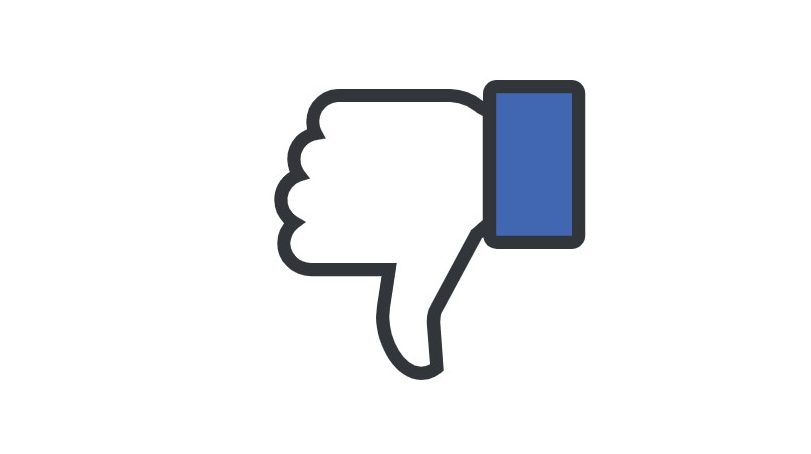Australian court rules media are liable for comments made on their Facebook pages
In a timely ruling, an Australian court of appeal has upheld a judgment that media are legally liable for defamatory comments made on their public Facebook pages.
June 1, 2020

In a timely ruling, an Australian court of appeal has upheld a judgment that media are legally liable for defamatory comments made on their public Facebook pages.
The Court of Appeal Supreme Court, New South Wales, made the ruling on the matter of Fairfax Media Publications; Nationwide News Pty Ltd; Australian News Channel Pty Ltd v Voller. The claimant alleged that defamatory comments made on the Facebook pages of a few Australian newspapers were effectively published by the papers, hence they were liable for the criminal harm caused.
“A person who participates in and is instrumental in bringing about the publication of defamatory matter is potentially liable for having done so notwithstanding that others may have participated in that publication in different degrees,” said the ruling. “In this case, the applicants maintained Facebook pages and encouraged and facilitated the making of comments by third parties which when posted on the page were made available to Facebook users generally and were therefore publishers of the comments.”
“The appeal court has shown that Australian defamation law is completely out of step with the realities of publishing in the digital age, and how Australians consume news and information,” said a joint statement from News Corp Australia, Nine and Australian News Channel. “The decision fails to acknowledge that it is Facebook that controls its platform, including that Facebook gives media companies no ability to turn off comments on their pages. It is Facebook that must be held responsible for content posted by its users, not media companies.
“Today’s decision means the media cannot share any story via Facebook without fear of being sued for comments which they did not publish and have no control over. It also creates the extraordinary situation where every public Facebook page – whether it be held by politicians, businesses or courts – is now liable for third party comments on those pages.”
This case cuts to the heart of the matter of liability for anything that appears on social media. In principle it should be the commenter, not the platform or media, that should be liable for defamation, but that fails to take into account the amplifying effect of social media. It is the act of publication, more than the words themselves, that is harmful. So, on those grounds, this ruling seems to say it is the publisher, not the commenter, that is to blame.
The statement from Aussie media makes it clear that, in the case of social media comments, they consider the platform to also be the publisher. They have a good point, especially since it’s only the social media that has the power to turn off comments. On the other hand, nobody is forcing those media to have a Facebook page at all.
That this ruling coincides with moves in the US to designate social media companies as platforms is especially poignant. Legally, someone has to be held responsible for the publication of illegal content. If media are responsible for material on their own sites, it would seem to be consistent to make social media responsible for theirs. This will probably move to the Supreme Court, where an important legal precedent will be set.
About the Author(s)
You May Also Like








.png?width=300&auto=webp&quality=80&disable=upscale)


_1.jpg?width=300&auto=webp&quality=80&disable=upscale)


.png?width=800&auto=webp&quality=80&disable=upscale)